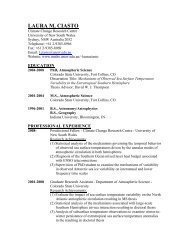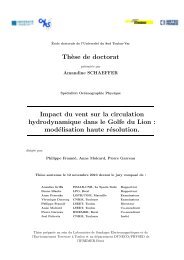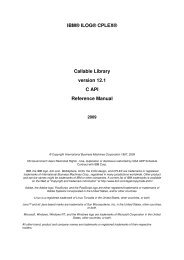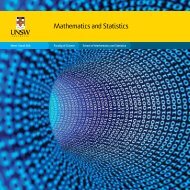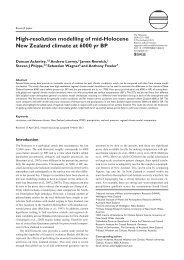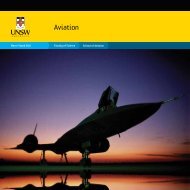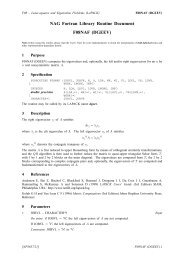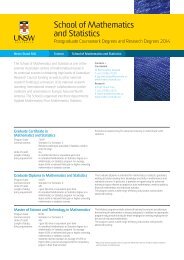2011 Postgraduate Research Competition - UNSW Science - The ...
2011 Postgraduate Research Competition - UNSW Science - The ...
2011 Postgraduate Research Competition - UNSW Science - The ...
You also want an ePaper? Increase the reach of your titles
YUMPU automatically turns print PDFs into web optimized ePapers that Google loves.
Page |40<br />
Oils in the eye!!<br />
Athira Rohit and Fiona Stapleton<br />
School of Optometry & Vision <strong>Science</strong><br />
Abstract<br />
About a hundred and twenty million people wear contact lenses worldwide. Despite the<br />
popularity of contact lenses, 75% of lens wearers experience ocular discomfort and dryness<br />
prompting many of them to reduce wearing time or to discontinue from lens wear entirely.<br />
Among the various factors contributing to contact lens wear discomfort, the stability of tear<br />
film structure is a key. <strong>The</strong> lipid layer is the outermost oily layer of the tear film and acts as a<br />
vital component in preventing evaporation of tear and is identified as a crucial element of<br />
both tear film stability and ocular comfort. Contact lens causes an unstable tear lipid layer<br />
and this instability may be one of the contributing factors for contact lens wear discomfort.<br />
But an evidence based assessment of whether artificial lipid supplements can improve<br />
ocular comfort during contact lens wear and the underlying biological reason for the<br />
change is missing in the previous literature. This study aims to establish the association<br />
between comfort in contact lens wearers and structural and functional changes in tear lipid<br />
layer. A second objective of this research study is to examine associations between clinical,<br />
functional and biological components of tear film lipid layer and discomfort. <strong>The</strong> preliminary<br />
study will be presented in the poster.<br />
Abstract<br />
<strong>The</strong> Illusory Depressive Realism<br />
Shruti Venkatesh and Michelle Moulds<br />
School of Psychology<br />
Contingency learning involves learning the association between two events, such as learning<br />
that a red light means stop. Past studies have found that when people are given a<br />
contingency task involving an outcome that occurs frequently, regardless of a person’s<br />
response, people tend to develop the false belief that they have control over the outcome.<br />
This is referred to as an illusion of control. Interestingly, there is evidence to suggest that<br />
depressed individuals do not demonstrate an illusion of control; a phenomenon known as<br />
depressive realism. Depressive realism is ostensibly incompatible with the general<br />
understanding of depression as a condition associated with maladaptive and negative<br />
thinking. My research furthers understanding of the robustness and generalizability of<br />
depressive realism. Of the 12 studies that I conducted only limited evidence for the existence<br />
of depressive realism was found. This suggests that depressed individuals are generally no<br />
more accurate than non-depressed individuals when judging their degree of control over an<br />
outcome. Hence, depressive realism seems to arise in a rather narrow context with the<br />
general rule being that people, regardless of their levels of depression, succumb to an illusion<br />
of control. Thus the purported advantage of being depressed seems to be an illusion.<br />
science + society |




